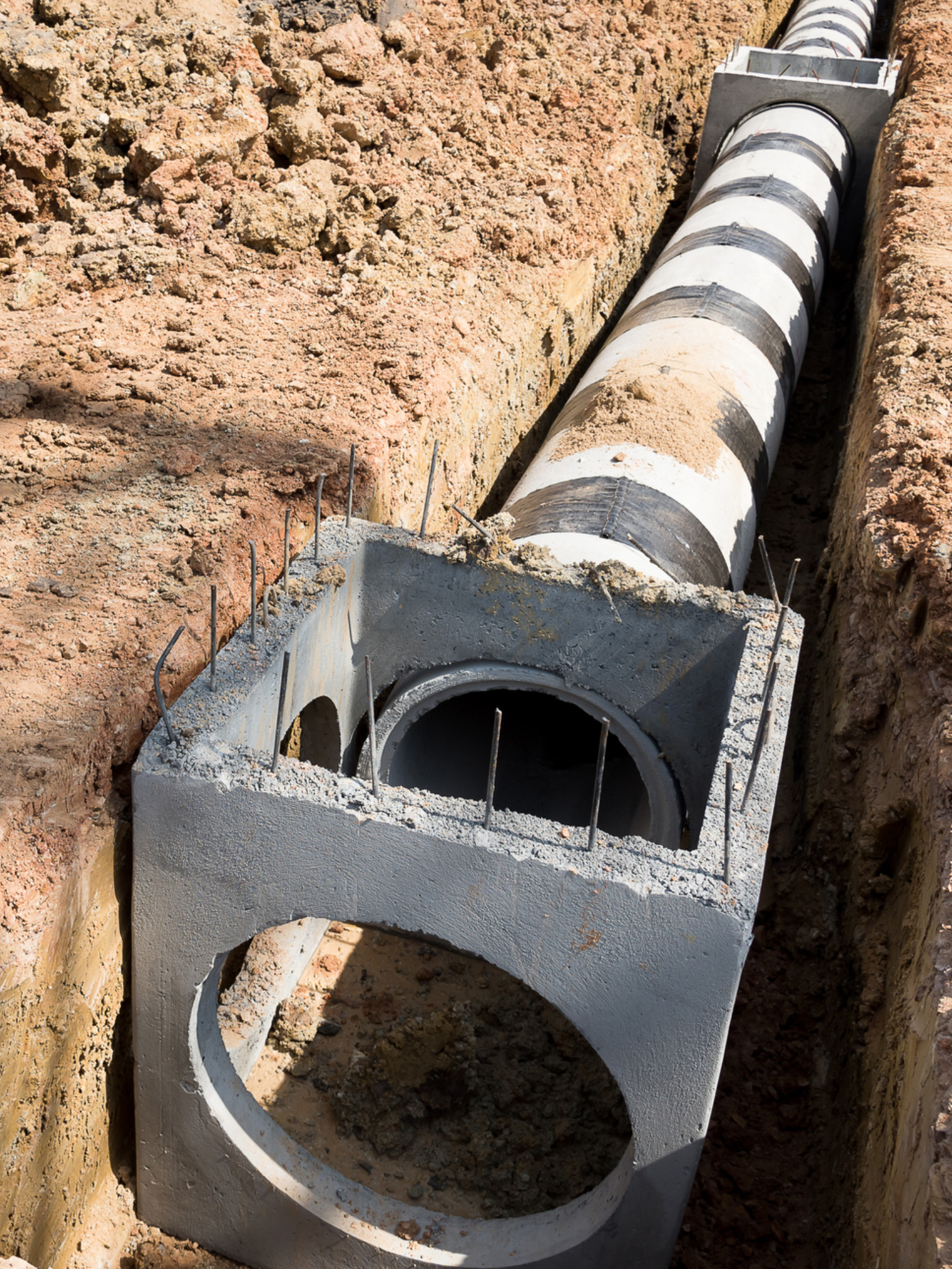Cost Effective Lancaster Excavation - High Quality Excavation at Competitive Prices
Cost Effective Lancaster Excavation - High Quality Excavation at Competitive Prices
Blog Article
Comprehensive Excavation Strategies: Understanding the Fundamentals for Success
In the realm of building and construction and civil engineering, the significance of effective excavation strategies can not be overemphasized. The mindful planning, exact implementation, and meticulous interest to detail called for in excavation tasks require a detailed technique that encompasses various essential aspects. From initial dirt evaluation to the implementation of precaution and normal progress tracking, understanding these core aspects is essential for attaining success in any excavation venture. The true mastery exists not merely in recognizing these fundamentals yet in perfectly integrating them to browse the complexities of excavation projects with skill.
Recognizing Excavation Task Preparation

The initial phase of any kind of excavation project is the planning phase, where essential decisions are made that can substantially influence the result of the task. Recognizing the project timeline, scope, and budget plan restraints is essential for producing a comprehensive excavation plan that makes sure the job's success.
One key element of excavation project preparation is the growth of a thorough timeline that details the series of milestones, activities, and deadlines. By carefully taking into consideration all these factors during the planning phase, excavation tasks can be executed effectively and successfully, leading to effective end results - septic ohio.
Soil Analysis and Website Analysis
Performing comprehensive soil analysis and website examination is a crucial action in the prep work phase of any kind of excavation job. Soil evaluation includes figuring out the make-up, structure, and buildings of the soil at the excavation website. This info is important for recognizing the dirt's bearing ability, wetness material, and potential for disintegration, which are crucial elements in figuring out the excavation techniques and tools needed for the project.
Site assessment surpasses soil evaluation and encompasses a broader assessment of the general site problems. This analysis consists of recognizing any possible risks, such as underground utilities, environmental problems, or unsteady terrain, that could impact the excavation process. By completely reviewing the site, job supervisors can develop efficient excavation strategies that prioritize safety, efficiency, and environmental management.
Using sophisticated modern technologies like ground-penetrating radar, soil sampling, and drone studies can enhance the accuracy and effectiveness of dirt evaluation and website analysis. Spending time and resources in these initial steps can eventually conserve time and prevent expensive hold-ups or difficulties during the excavation process.
Devices Selection and Utilization
Reliable excavation tasks depend heavily on calculated equipment selection and use to guarantee optimal performance and productivity. Picking the right equipment for the task is critical in making the most of efficiency and lessening downtime. Elements such as the sort of dirt, depth of excavation, and job extent play a considerable role in establishing the most appropriate equipment for the job at hand.

Along with selecting the ideal equipment, correct use is crucial to job success. Operators needs to be educated to handle the tools safely and effectively - dump truck companies in ohio. Routine upkeep checks and timely repairs assist protect against breakdowns and guarantee consistent performance throughout the task
Safety Steps and Regulations Conformity
In the realm of excavation tasks, prioritizing safety steps and compliance with laws is critical to guaranteeing a safe and lawfully audio operational environment. Safety procedures include a series of techniques, including conducting thorough website evaluations, carrying out proper signs and obstacles, and offering appropriate safety training for all employees associated with the excavation process. Adherence to regulations, such as OSHA needs in the navigate to this site USA, makes sure that the excavation job fulfills the essential requirements to protect employees, bystanders, and the surrounding setting.

Surveillance Development and Adjusting Techniques
How can predict managers efficiently track the improvement of excavation tasks and adapt their techniques appropriately to optimize results? Tracking progression is essential for guaranteeing that excavation jobs stay on track and fulfill due dates.

Conclusion
To conclude, mastering the principles of detailed excavation techniques is important for the success of any type of job. By understanding task preparation, analyzing soil and website conditions, selecting suitable equipment, abiding with safety regulations, and checking progress, job managers can make sure a effective and smooth excavation procedure. Implementing these methods will certainly bring about effective end results and reduce prospective dangers or troubles during the excavation project.
The preliminary phase of any excavation task is the planning phase, where vital choices are made that can substantially influence the end result of the task. Understanding the task extent, budget, and timeline restraints is crucial for creating a comprehensive excavation plan that makes certain the job's success.
Exactly how can predict supervisors efficiently track the improvement of excavation tasks and adjust their techniques link as necessary to maximize end results? By carefully keeping track of development and being willing to adapt approaches, project supervisors can boost the you could try this out total success of excavation jobs.
By comprehending project preparation, evaluating dirt and site problems, choosing appropriate tools, conforming with security guidelines, and keeping an eye on development, task supervisors can ensure a smooth and efficient excavation process.
Report this page